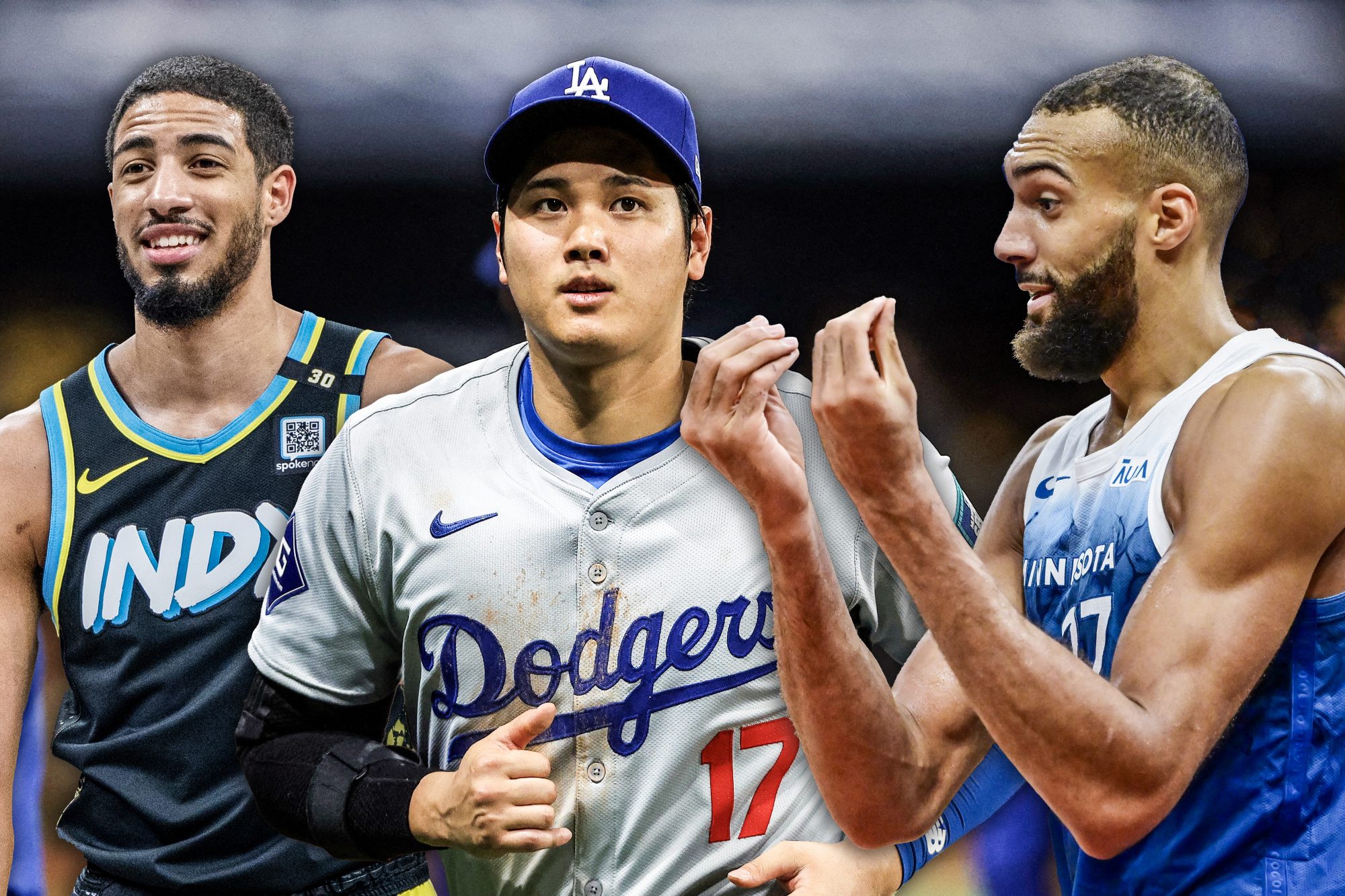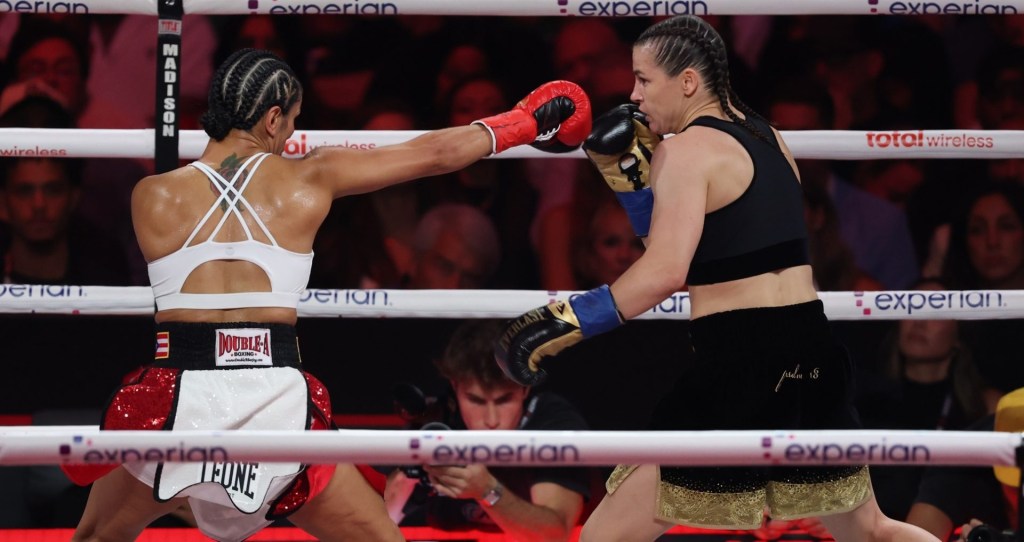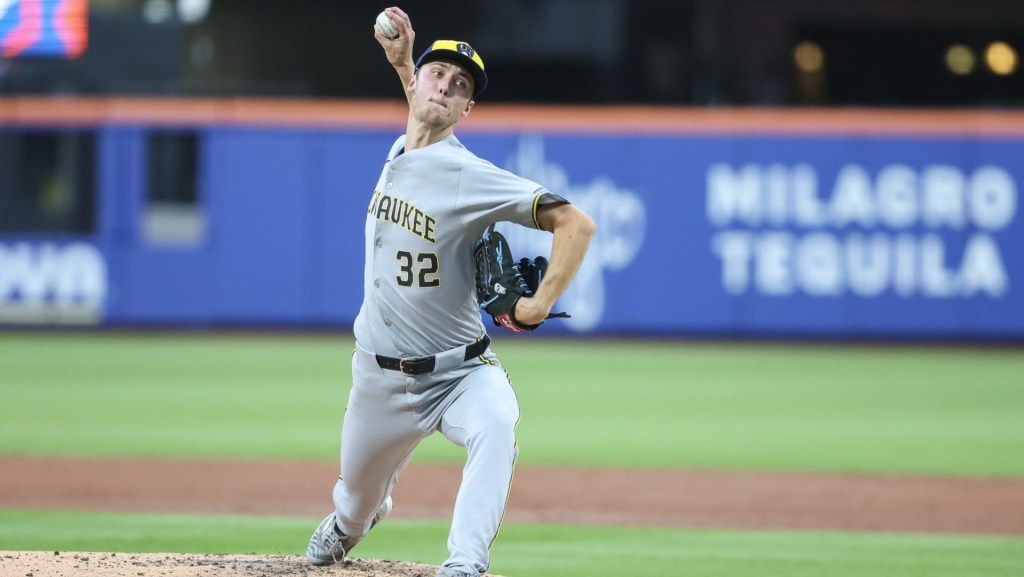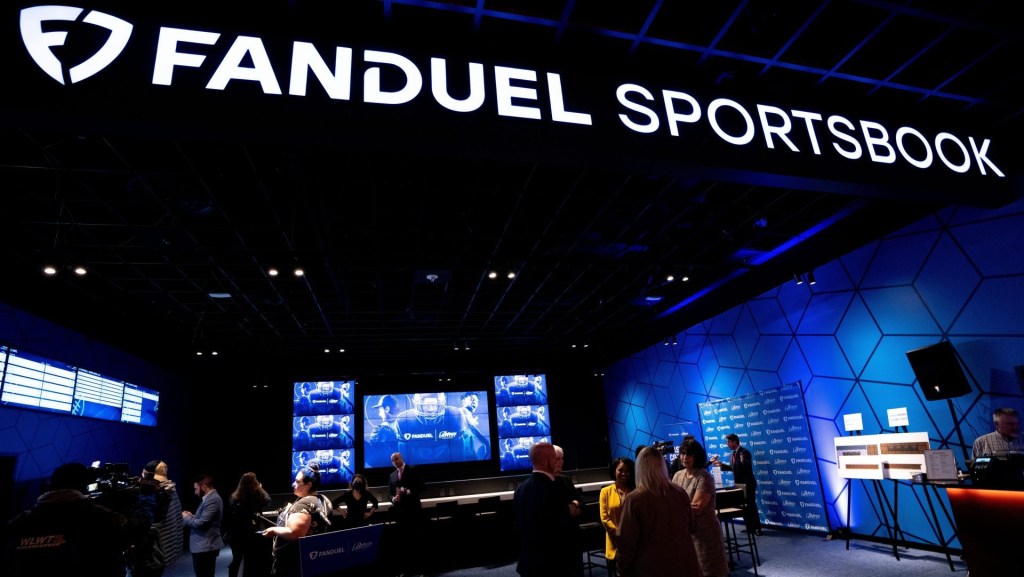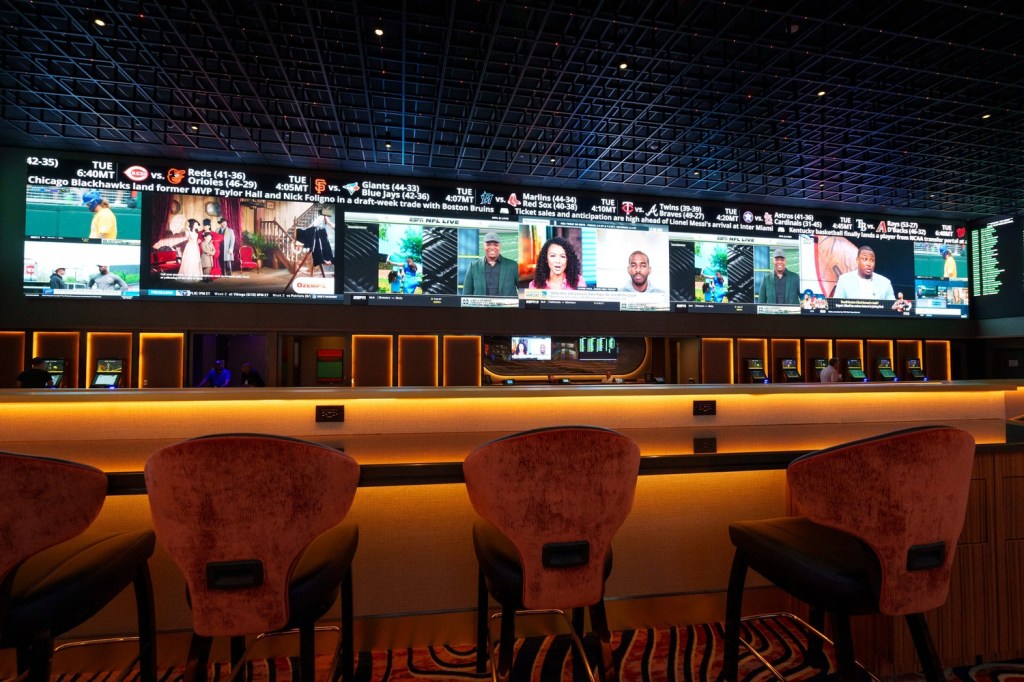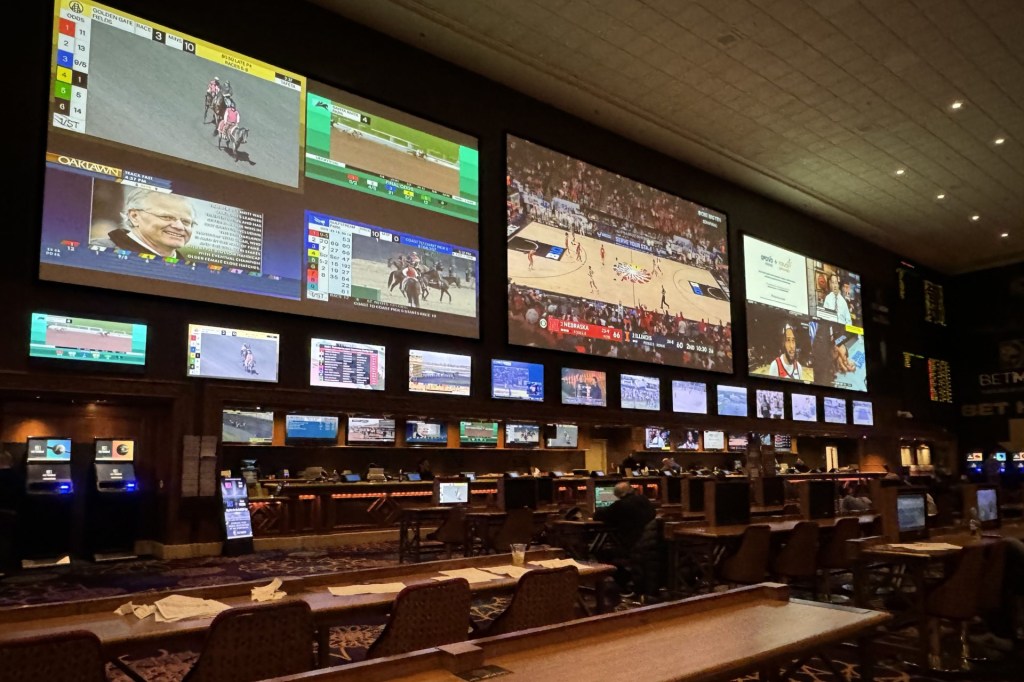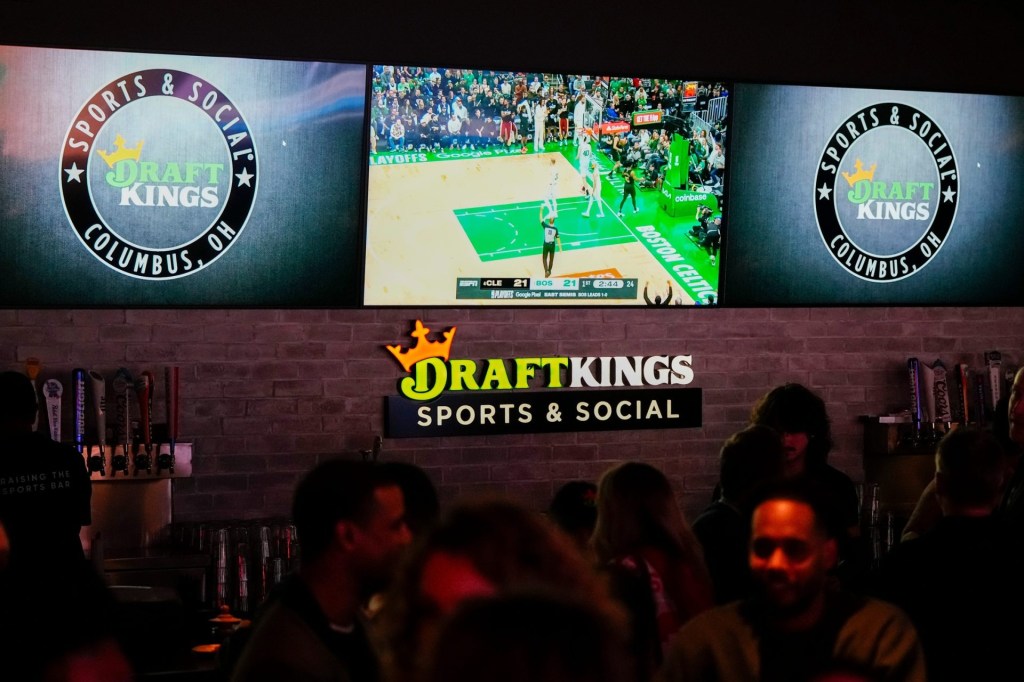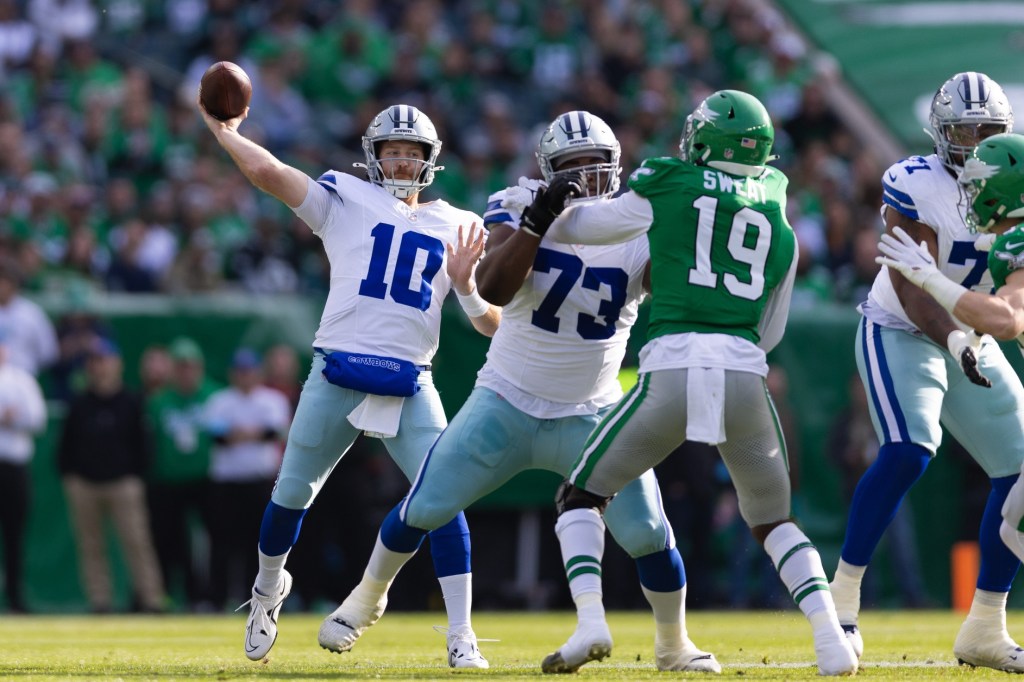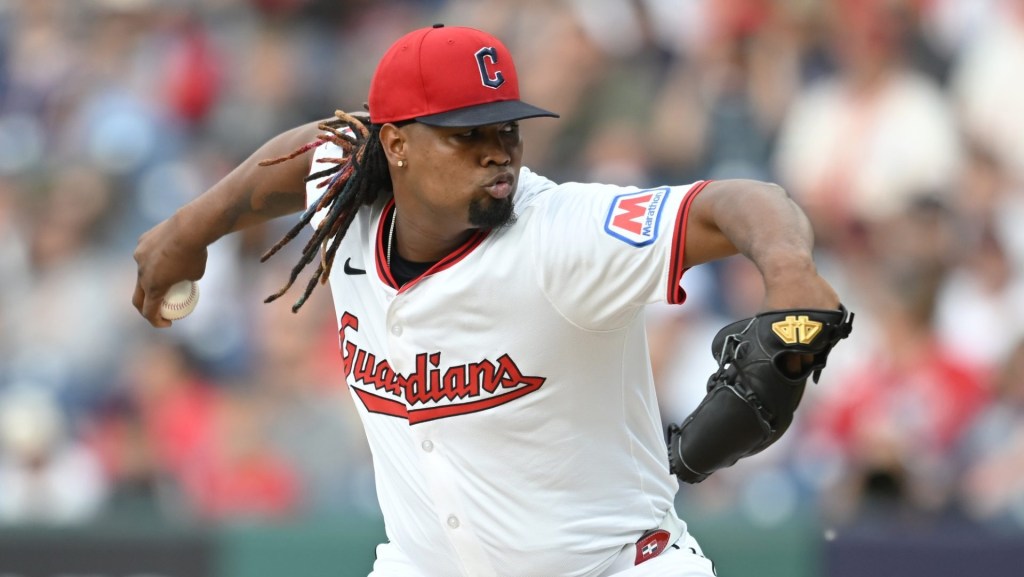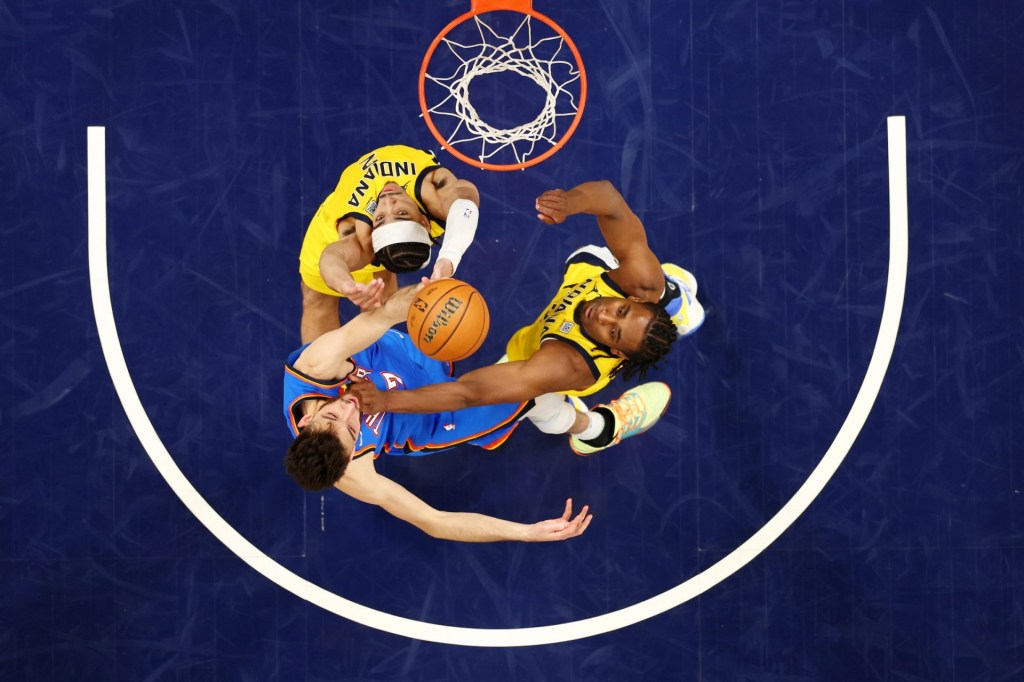An NBA superstar said sports gambling has reduced him from a human to another line on a prop bet. Another star basically accused refs of point-shaving. Two NBA coaches leading contending teams separately said gamblers had threatened players and, in one instance, families, for failing to cover the spread. A Jacksonville Jaguars employee with an alleged gambling problem was sentenced to prison after being convicted of stealing $22 million from the team, and a prominent gambling watchdog company is investigating Temple University’s men’s basketball team after noticing telltale signs of point-shaving. A decade’s worth of salacious scandals crammed into less than a month. March Madness.
But Shohei Ohtani’s accidental—fans hope and pray—stumble into what is currently the fringes of a massive gambling probe is more existential for sports than all the rest combined. With all due respect to Tyrese Haliburton, or well-regarded coaches like Erik Spoelstra and J.B. Bickerstaff, Ohtani is the international face of his sport, one that is infamously tainted by gambling controversies. Millions of his dollars—unwittingly, he claims—were used to pay off illegal gambling debts. However, league stakeholders and betting company shareholders are lucky that the evidence we have at the moment still amounts to just a jump scare—for now. What is coming next is so much worse.
Here is the evidence in front of us, right now. The Dodgers’ multihyphenate found his name tied up in a federal gambling probe after his interpreter, Ippei Mizuhara, was investigated for his part in it. Mizuhara told ESPN, reportedly in agreement with Ohtani’s camp, that the star covered his $4.5 million debt as a generous “loan” to his friend. Nice story, but also one that, as told, likely broke multiple federal statutes—lawyer and baseball writer Craig Calcaterra notes that those laws likely include the Wire Act, the Illegal Gambling Business Act, the Travel Act, and the Unlawful Internet Gambling Enforcement Act—and that’s before considering how he’s run afoul with league policy. (As recently as Wednesday’s ESPN Padres-Dodgers Seoul Series game, cameras caught the two palling around on Los Angeles’s bench.) Just 12 hours later, Ohtani’s attorneys made a complete reversal, now claiming that Mizuhara stole Ohtani’s money and were turning him over to the authorities. Even as the story changes, Mizuhara insists Ohtani was uninvolved with his gambling problem. But if you’ve ever known a problem gambler—and Mizuhara described himself as an “addict” in a clubhouse meeting getting ahead of the reporting to come—you’ll understand they hit on the truth about as much as they do on those 14-leg parlays.
Right now the league’s hopes rest on Ohtani sincerely being unaware of millions flowing out of his own bank accounts, despite an inconsistent story and robust paper trail. However the scandal plays out, it’s the inevitable result of a betting environment that U.S. sports has rapidly embraced without paying heed to its consequences.
Haliburton touched on a dynamic that has been fraught for decades. The idea that players are owned by fans and thus owe them something has merely been supercharged by gambling.
Bill Rhoden once wrote that athletes often feel like “pieces of property to be bought, sold, or discarded.” Yes, Rhoden wrote this in Forty Million Dollar Slaves—directly quoting an entitled fan’s jeer against New York Knicks star Larry Johnson—about the relationship between players, especially Black players, and their owners and fan bases. Gambling further literalizes athletes into assets, with each performance potentially making or breaking the fan’s portfolio. It is no wonder that fans would express a position of ownership. And if you’re just property, the life of the person behind the leg of the parlay is an abstraction—no actually, a distraction from what really matters. In that context, when the thing that matters (your sportsbook) is imperiled by the thing that doesn’t (a human being in a shooting slump), threats are an almost logical inevitability. Nobody famous has been physically harmed for passing up their seventh assist on a 6.5 O/U—yet. But when the anonymous calls and DMs come to your phone, “yet” is a small comfort.
Then there is Rudy Gobert’s theory, the one that cost him a hundred grand. The defensive ace suggested that referees, who have appeared to suddenly call far fewer fouls, were making decisions influenced by gambling. This trend has coincided with a massive dip in league-wide scoring and a few notable misses in key situations.
Gobert’s theories are just that: theories. However, I cannot fault him for expecting wrongdoing to go that far. In his own sport, a judge sentenced Tim Donaghy to 15 months of prison for taking payments in exchange for tips. Then, over in Ohtani’s league, MLB deliberately altered the environment where games are played—and bets are made—by manufacturing and distributing distinct baseballs in at least three consecutive seasons. Its response to extensive reporting and research was to deny it ever happened and threaten players who gathered their own balls.
A team of researchers for Indiana University’s Law Journal neatly summed all of this up. After studying early evidence MLB’s ball was “juiced” in the second half of the 2015 season, they found that mindlessly betting the over on game totals would have resulted in significant earnings, as betting lines did not catch up to the changing run environment. Sports bettors, the researchers argued, “relied on cagey statements by MLB about how nothing had changed.” The researchers wrote that while “[stock] investors enjoy a body of securities law to condemn fraud,” gamblers don’t.
Sports leagues are driving toward paper-thin guardrails at 200 miles per hour right now. In conjunction with their respective unions, who are equally fearful of the pending loss of cable money, the leagues assault your eyeballs with a nonstop barrage of ads, odds, and promotional bets. Statistics that once served strictly as evaluative measures for determining whether a player was good or contributed to their team’s success are breadcrumbs tossed in a straight path directly to the sportsbooks, a few of them a brisk walk from front-row seats you bought to harass a star player for taking on 3–0. The NBA integrated betting lines into the interface for its League Pass. Only slightly more subtly, MLB announced it will start broadcasting live win probability percentage. It’s a cool stat that allows fans to visualize an improbable comeback and broadcasts to remind you to place your improbable bet.
The end result: Watching the game is a gamified experience, optimizing every opportunity for a microtransaction. Broadcasts don’t funnel fans into a casual, healthy relationship akin to playing low-stakes poker with your friends, but rather, transmute every available dopamine hit that comes from live competition into a chance to change your financial fortunes. It’s the climate that fans, racist as many are, enter when bigotry is compounded with greed—and not merely their own. It’s the climate Mizuhara was fully submerged in, with the added temptation of insider knowledge by becoming a trusted confidant of whom is currently the most impressive athlete in all of organized sports. He denies he succumbed to that temptation, but we’ll soon find out whether there were any personal boundaries he was not willing to cross. After he briefly claimed he had asked his close friend to risk his career for a bailout, it’s unclear how many are left.
MLB reportedly hasn’t sicced its investigative unit on Shohei Ohtani despite his name appearing on the checks, ceding the detective work to as-of-yet-unknown authorities. As of writing, the league has yet to publicly acknowledge the matter. It remains unclear how anyone expects to wash their hands clean of gambling’s excesses while rubbing them in the same dirt.
